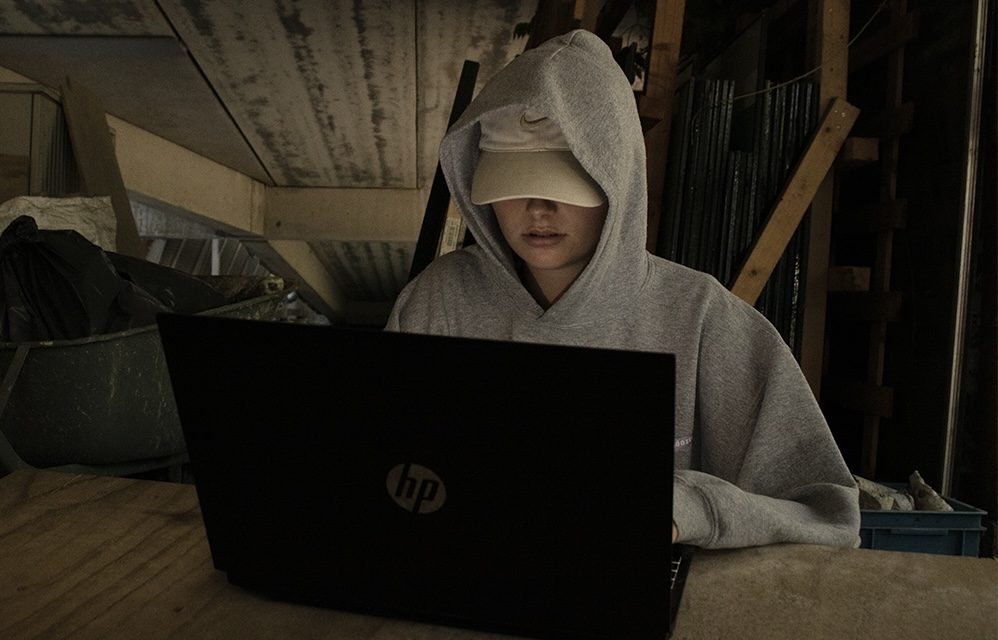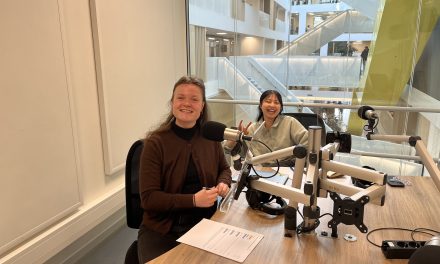Three Dutch men, including a 16-year-old, have been arrested on suspicion of incitement and terrorism. The 16-year-old is also suspected of involvement with the online right-wing extremist group ‘The Base,’ which was recently added to the EU terrorism list. How concerned should we be about online right-wing extremism in Europe?
‘In 2016, an online movement emerged in which people with extreme right-wing ideas managed to create a subculture,’ says Willemijn Kadijk, researcher in political extremism at research agency NTA. ‘This was partly fueled by events such as the American elections of Donald Trump and the immigration crisis in Europe. This led to an online critical mass that could appeal to a new generation,’ Kadijk explains.
‘In that online generation, there were people with strong digital skills who were able to build a new infrastructure that appealed to an entire generation.’ This caused the movement to grow rapidly. Kadijk: ‘It works somewhat like a local association: if it is successful, people want to join; if it’s not doing well, people don’t want to stay.’
Ideology
But what exactly is the ideology of online right-wing extremist platforms like ‘The Base’? ‘These platforms have an accelerationist ideology,’ Kadijk explains. Racism is central here. ‘They believe that their own people, usually the “white people,” are being weakened by an external force, often Jews. According to them, this force causes people to become leftist, feminist, or homosexual, which they believe leads to weakness and a decrease in strength.’

Racial War
But this doesn’t always remain just an ideology. ‘They believe a major conflict is coming. In a milder form, they view this conflict as cultural or economic, but in the most extreme form, they think a real, physical war is coming for which they need to prepare. The most extreme variant of this are the accelerationists,’ Kadijk explains. Accelerating means speeding up, and that’s exactly what accelerationists want. ‘They believe it’s better for the war to come as soon as possible, because their people are stronger now than they will be in a hundred years, when according to them there will be fewer white people and more leftist and feminist people. For them, the war is inevitable.’
Danger
According to Kadijk, these online right-wing extremist platforms like ‘The Base’ are not something to be ignored. ‘It is certainly something we should be worried about in Europe. We see regular arrests and international warnings from security services.’
Last month, ‘The Base’ was added to the EU terrorism list. According to Kadijk, this truly reflects the seriousness of the situation.
Future
It is difficult to predict how the future of online right-wing extremist platforms will look. This largely depends on the shape the internet takes. ‘We are currently in the midst of a debate about the balance between freedom of expression and moderating content on the internet. It also involves the responsibilities of government, society, and companies,’ says Kadijk.
What can we do?
Kadijk believes that various parties play a role in moderating content on the internet. The EU could also potentially play a role here. ‘I believe the EU is a strong enough actor to address major social media companies, where individual nation-states cannot.’
However, according to Kadijk, it is particularly important that we establish social norms. ‘After all, we are the first generation to deal with this. Censorship can help, as it prevents people from being threatened or recruited if they don’t access certain platforms. But it’s more important to make people, especially children, resilient’, Kadijk says.




